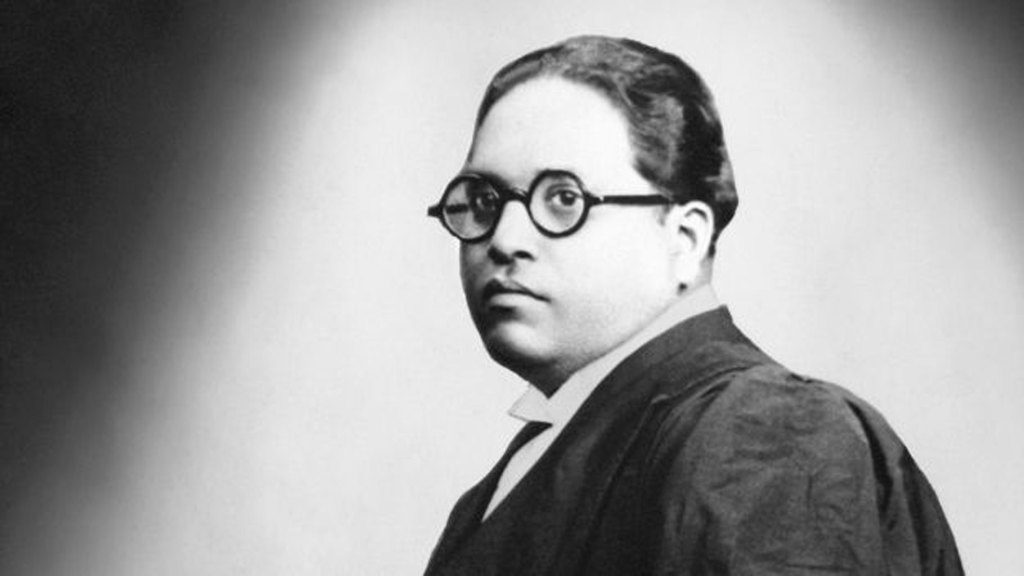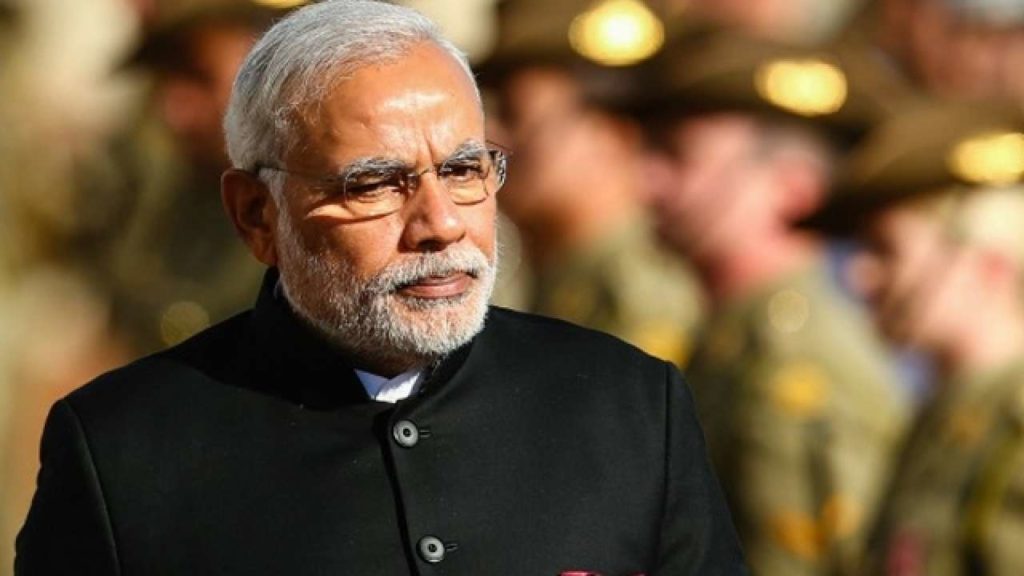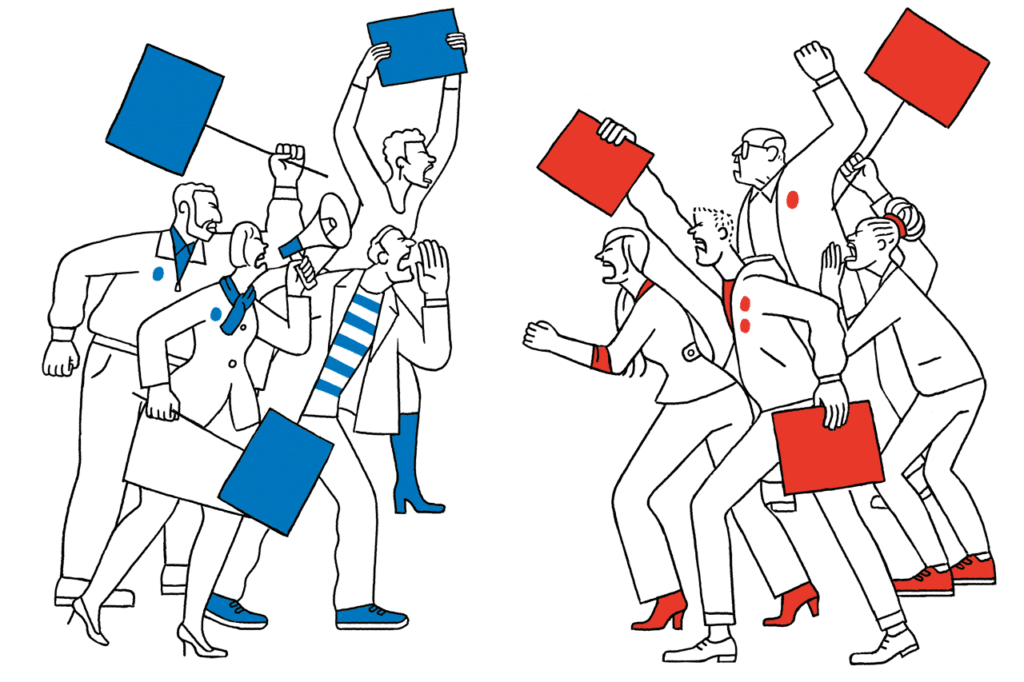After 70 years of Independence, we are still a lethargic, irresponsible and forgiving electorate
Calling out the problems in governance is a national service and should be done with utmost conviction and sincerity. We must try to make our present as an eligible example to be used in the future.

As we enter into the 71st year of Independence; there are several issues which have still grappled India and there are several new issues which have become a bigger problem for our country. But yeah; nation building is an ongoing process – sometimes slow, sometimes fast. We have come a long way from what we were on 15 August 1947 to what we are in 2018.
Starting from a socialist economy to gradually becoming a capitalist economy, India has emerged as one of the greatest superpowers in making from being a nation grappled with high rates of poverty and illiteracy. Millions of people are still suffering from poverty, malnutrition, illiteracy and the absence of social justice – but the situation has improved. And the major credit goes to us – the people of India. Of course, politicians have also contributed but only because we have allowed them to, by electing them through an elaborate and trustworthy electoral process.

Our constitution of India has given us a very powerful right – the right to vote and elect the candidate of our choice. Even B R Ambedkar who himself wrote the constitution lost Lok Sabha elections twice from Bombay (North Central) in 1951 and Bhandara in 1954. Maybe, we didn’t need him as a politician in independent India or maybe we made a terrible mistake by not electing him. However, Ambedkar entered the Parliament of India through Rajya Sabha. In modern politics; Arvind Kejriwal is the example of how powerful our collective vote is. Public instantly made him the Chief Minister of Delhi out of a normal social worker.

Such is the power of vote that when it comes together – it decimates the greatest of leaders and makes the king out of a normal person. Same happened with Indira Gandhi in the post-emergency elections. She and her son Sanjay Gandhi both lost their Lok Sabha seats in 1977. This time we the people made it loud and clear that enough is enough. If we can elect you then we can also throw you out of power. But the Janata Alliance which came to power in 1977 crumbled under its own weight disappointing the people of India who gave it a massive majority. With no choice, we again voted Indira Gandhi to power in 1980 with a landslide victory. Babri Masjid was demolished and the memories of it have blurred with every election. Maybe a mandir or masjid is more important than real issues of the lethargic and ignorant electorate.
We, as voters are very forgiving and understanding. Maybe, because we are naïve and gullible. We forgave the cruel act of emergency and embraced the Gandhi stalwart again with open arms. Since Independence, we have been forgiving ill-governance of successive governments, its apathy towards the problems we are facing continuously as a society and its lack of responsibility & accountability towards fulfilling its promises. Because we don’t want to challenge our intelligence/choice after voting for a particular party or person.

I don’t know much about the past because then, I wasn’t even born. But in the present, people have stopped questioning their electoral decisions. The lack of responsibility to critically view the work of government or an individual politician has landed us in a situation where we have supporters for each and every political lineage. And the loyalty is the same as the supporter of an EPL fan. No matter how bad Manchester United F.C. performs, my support is going to stay. Clear signs of Stockholm Syndrome!
Why don’t the majority of us treat governance as a service run by our elected politicians? Just like when we ask a particular restaurant to serve us Biryani; it is a collective effort of a steward who takes the order, a chef who prepares the order and finally delivered by the steward. And during the entire process, we are entitled to raise questions about the inefficiency of service or the quality of food. We even stop going to the same restaurant in case the entire experience is highly unsatisfactory. Likewise, after electing the government to power – it becomes our duty to critically monitor its governance and raise questions wherever required. But the majority of our electorate takes pride in supporting the party they have voted to power even when its performance starts deteriorating.

We have to understand clearly that public criticism, dissent, and rejection are integral parts of the electoral process. And it applies to current Modi government as well. It is our duty to criticise with the same sincerity with which we love our elected leaders. Ever since independence, we have always idolized our leaders as the ultimate messiah – one and only savior who can make us get rid of all the injustice and problems we have faced to date. Caste, rhetoric, religion and electoral wave (hawa) have always outweighed logic and practicality in Indian polity. This has to change. It is time to ask questions from the people we vote and penalize them for making our lives miserable. Calling out the problems in governance is a national service and should be done with utmost conviction and sincerity to keep the stakeholders accountable. Instead of losing hope, we must try to make our present as an eligible example to be used in the future.
Comments
- Advertisement -

